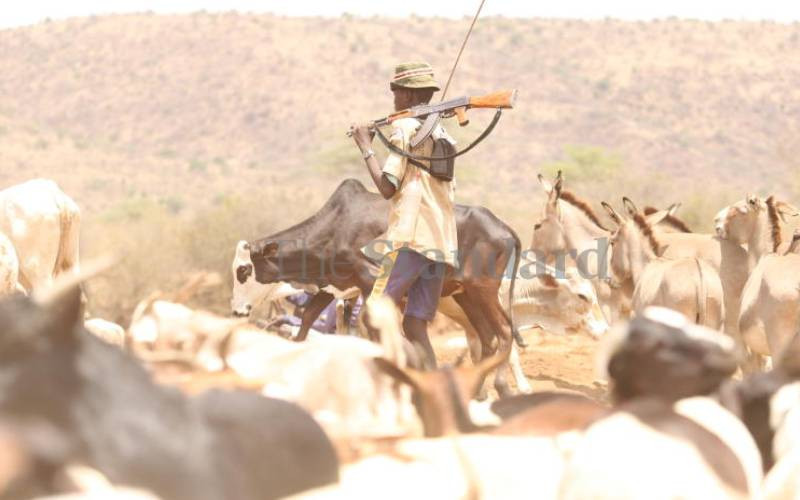
The Intergovernmental Authority on Development Climate Prediction and Applications Center (ICPAC) has just issued a stark advisory to countries in the Horn of Africa warning of a sixth consecutive failed rainy season and consequently, the longest and most severe drought to hit the region in four decades. But the looming humanitarian catastrophe overshadows a deeper crisis with far-reaching consequences for the security and stability of the region, Kenya included.
The destabilizing effect of climate change on the security of nations at national and regional level is now a major international issue. Extreme weather events such as floods, drought and storms are now recognized as drivers of conflict and violence due to their disruptive nature with the United Nations Environmental Programme (UNEP) citing depletion of food, water and energy resources due to the changing climate patterns as a major security threat to many countries.